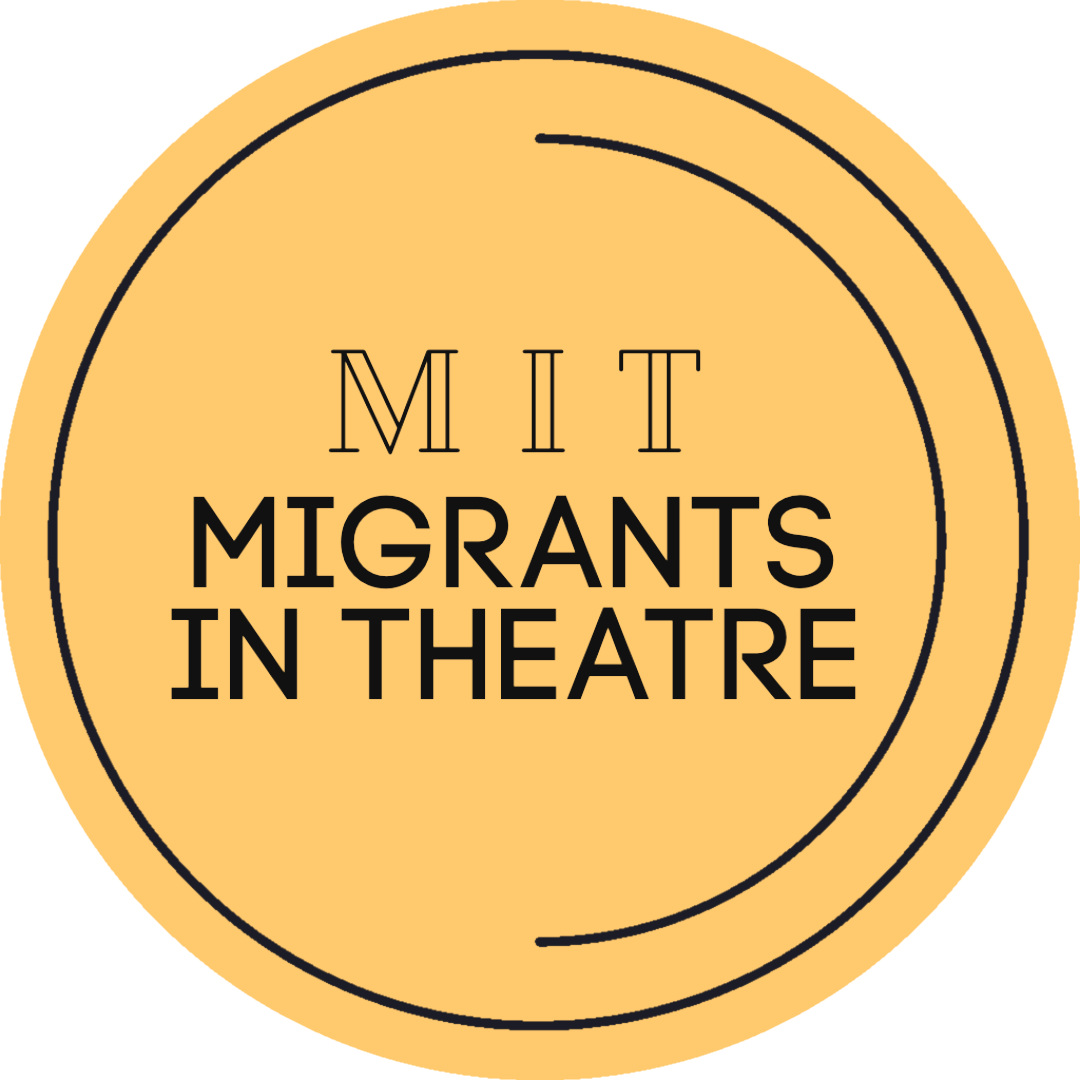Migrants in Theatre is a movement made up of first generation migrant theatre artists and theatre companies who joined efforts to campaign for more and better representation of UK based migrant theatre artists in British theatre. The movement comprises artists from a broad and diverse range of backgrounds and experiences and is open to migrant theatre makers in a multitude of roles, from actors, directors, set designers, playwrights, to stage managers, arts administrators and board members.
For decades, the UK has been an international centre of culture and exchange between different theatrical cultures. However, whilst many artists and companies from all over the world have been platformed at established venues – such as the Barbican, Edinburgh International Festival, the Young Vic, Home Manchester, and more – there have not been enough platforms and opportunities for first generation migrant theatre artists living in this country. According to statistics there are 9.3 million first generation migrants living in the UK – 14% of the entire population – while in London the percentage of foreign born migrants reaches a remarkable 37%1. However, when it comes to their representation, visibility and support infrastructure in the theatre industry, the presence of all these is almost nonexistent.
More worryingly, this government’s hostile environment policies and Brexit have generated a poisonous type of nationalism that casts migrants and foreigners as the enemy. The undeniable demonisation of migrants in British society has profoundly affected migrant communities as well as migrant theatre makers. The theatre industry has failed to acknowledge this so far, let alone counter the anti-migrant narratives so prevalent in the media.
Migrants in Theatre was born from the clear and urgent necessity to tackle the aforementioned issues affecting migrant theatre makers based in the UK. It was set up to provide an extensive nationwide network of support for migrant theatre artists to come together in solidarity and bring their voice in campaigning for a more inclusive and representative theatre industry, and a rich and outward looking theatrical culture.
